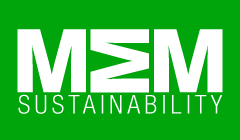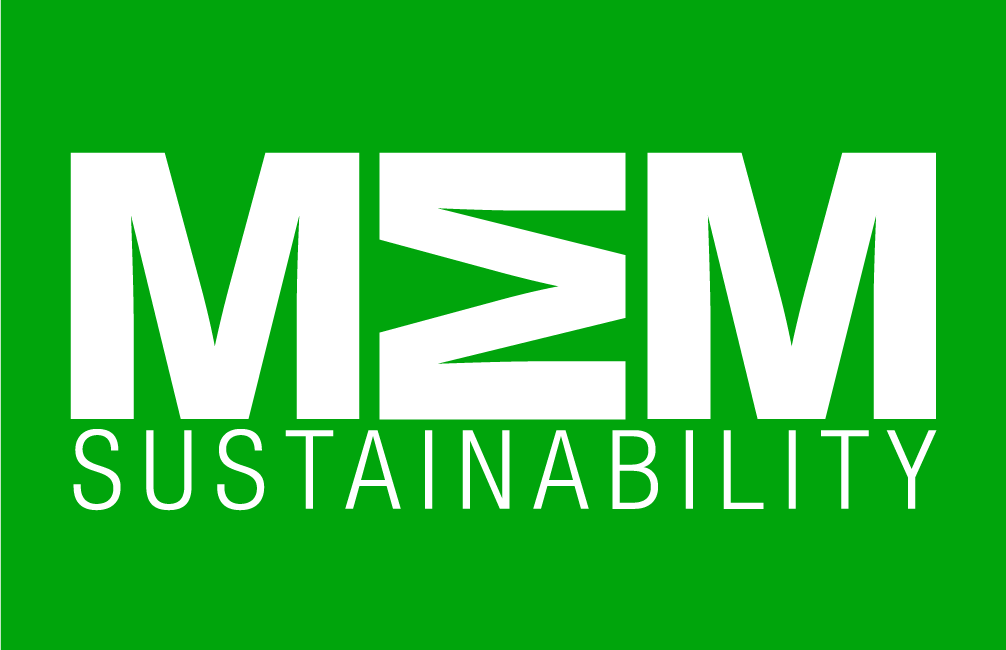The world’s top climate scientists have issued their latest report on mitigating climate change and have categorically stated that a reduction in meat consumption is a vital measure to tackle the climate crisis.
Food awareness organisation, ProVeg International, wholeheartedly welcomes the report’s publication, issued by the UN’s Intergovernmental Panel on Climate Change (IPCC), which states that one of the biggest individual contributions to reducing emissions is to adopt a sustainable, healthy diet, which includes moderating meat and dairy intake through a plant-based diet.
“It is good to hear that the IPCC has called for dietary changes, in particular eating less meat, to reduce methane emissions. The global scientific community recognising the huge impact that animal agriculture has on the climate is the right step in the right direction,” Raphael Podselver, Head of UN Advocacy at ProVeg, said.
ProVeg campaigns under the banner “Diet Change Not Climate Change” to highlight the environmental impact of animal agriculture on the environment and has onboarded a youth delegation this year. The NGO will be taking this message together with youth climate activists to the UN’s climate change conference, COP27, in Egypt, in November 2022 when global policymakers gather to agree next steps in tackling climate change.
The recommendation on meat reduction and a move towards a more plant-based diet is celebrated by NGOs and corporations alike. During COP26 the global methane pledge was heavily criticised after it did not specify which direct actions lead to a reduction in methane emissions. As a response, a big food industry player, Upfield, published their methane emissions, showcasing that a shift to a more plant-based diet can cut your food related emissions by 50%.
Commenting on the IPCC report, Sally Smith, Upfield’s Global Director Sustainability & ESG, said: “At COP26, important discussions began on how urgently we must address methane through fossil fuels as a contributor to the climate crisis, while methane in the food and agriculture sector was hardly mentioned. Just last week, Upfield disclosed its own methane footprint to set a precedent for methane transparency in the food sector. We are pleased to join an important wider conversation through showing methane footprint transparency, and we are hopeful this will inspire policymakers and the business community to do more – and quickly.”
The global food system is responsible for about one third of global greenhouse gas emissions. Animal-based foods are responsible for the largest share. Research published in Nature Food journal for example finds that global gas emissions from animal-based foods are twice those of plant-based foods, and are responsible for about 20% of global emissions.
Manufacturing & Engineering Magazine | The Home of Manufacturing Industry News















